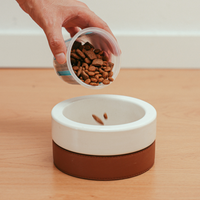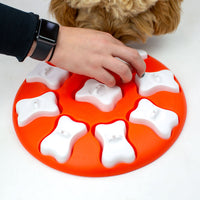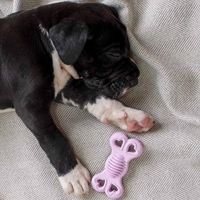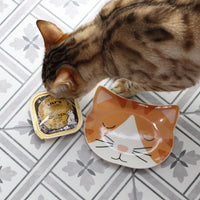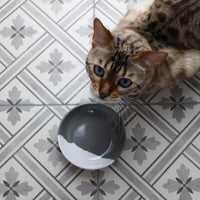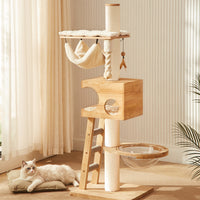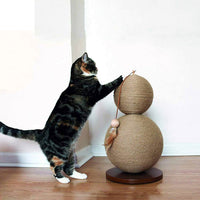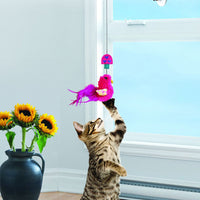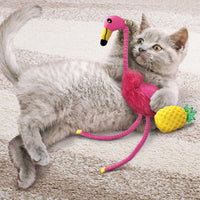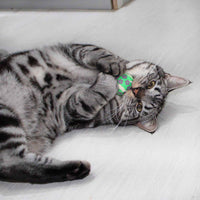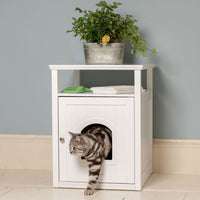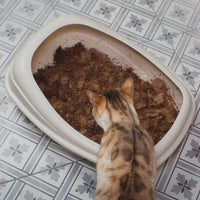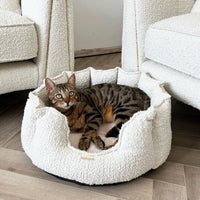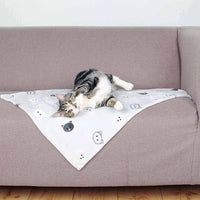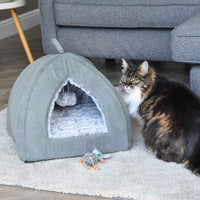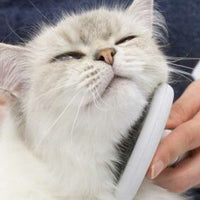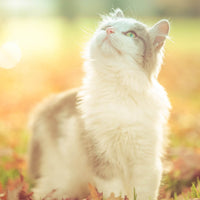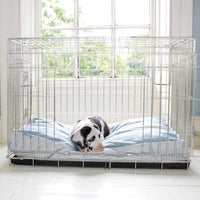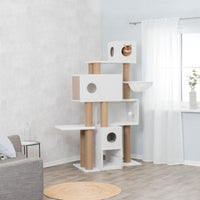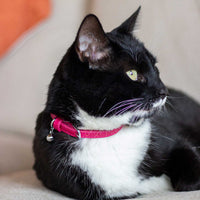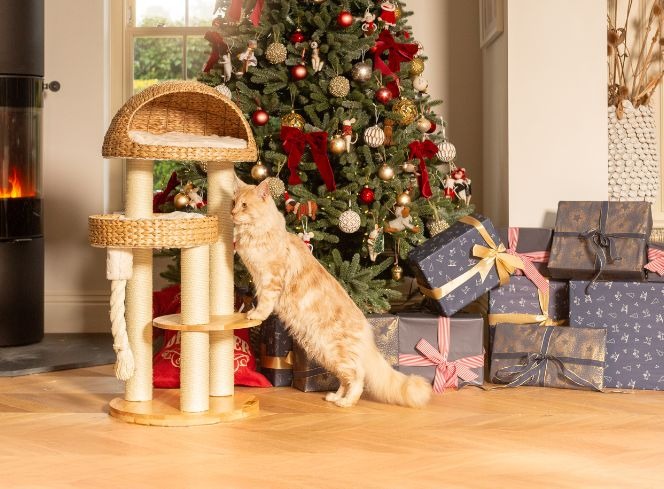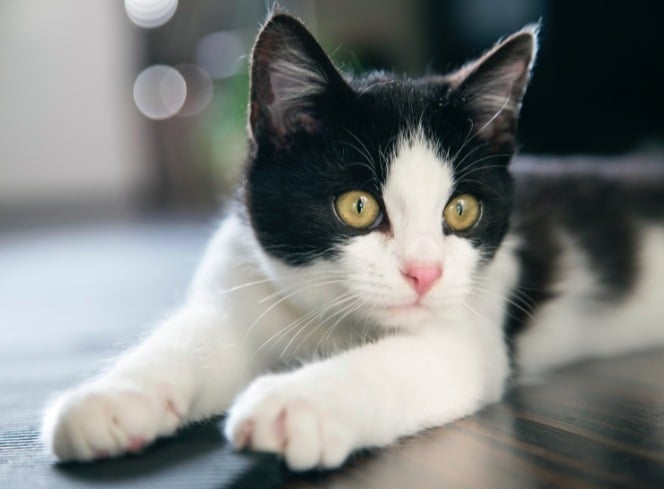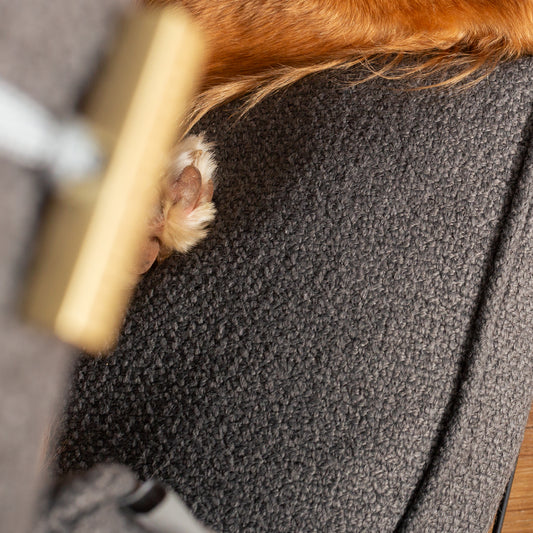Many cat owners are familiar with the nocturnal serenades of their feline companions. Cats meowing at night can be puzzling and, at times, frustrating. Understanding why your cat vocalises during the night and learning how to prevent it can lead to more restful nights for both you and your pet.
Why Does My Cat Meow at Night?
1. Seeking Attention
One of the primary reasons cats meow at night is to seek attention. Cats are crepuscular animals, meaning they are most active during dawn and dusk. If your cat spends a significant portion of the day alone, they might become more active and vocal at night when you're home.
2. Hunger or Thirst
A cat meowing in the night might be expressing hunger or thirst. If their feeding schedule doesn't align with their natural activity periods, they may wake you up to request food or water.

3. Boredom and Pent-Up Energy
Indoor cats, especially, may not get enough stimulation during the day. Cat whining at night can be a sign of boredom. Without adequate playtime, cats may have excess energy that manifests as nighttime vocalisations.
4. Medical Issues
Sometimes, a cat crying at night could indicate an underlying medical problem. Conditions like hyperthyroidism or hypertension can increase vocalisation. If the behaviour is new or unusual, it's essential to consult a veterinarian to rule out health issues.
5. Aging and Cognitive Dysfunction
Older cats may suffer from cognitive dysfunction, leading to disorientation and increased meowing at night. Why is my cat meowing at night suddenly? Age-related issues could be the cause.
6. Territorial Behaviour
Cats are territorial creatures. The presence of stray cats outside can trigger your cat to howl or yowl, especially at night. This behaviour is more common in unneutered males, but female cats crying at night can exhibit this as well.

7. Mating Calls
Unneutered and unspayed cats are more likely to vocalise at night due to hormonal influences. Why does my male cat cry at night? He may be seeking a mate.
Why Do Cats Howl at Night?
Howling at night is often a more intense form of vocalisation. Why does a cat howl at night? This could be due to:
- Pain or Discomfort: Cats may howl if they're in pain.
- Stress or Anxiety: Changes in the household can cause stress.
- Cognitive Issues: As mentioned, aging cats may howl due to confusion.
How to Stop My Cat from Meowing at Night
Understanding the cause is the first step in addressing nighttime meowing. Here are strategies to help curb this behaviour.
1. Establish a Routine
Cats thrive on routine. Feeding and playing with your cat at the same times each day can reduce nighttime vocalisations. Adjust their schedule so that playtime occurs before bedtime, helping to tire them out.
2. Environmental Enrichment
Provide toys and activities to keep your cat engaged during the day. Puzzle feeders, scratching posts, and interactive toys can reduce boredom. An occupied cat is less likely to become a cat meowing at night. Shop our cat enrichment toys to help keep your curious cat’s mind busy.

3. Comfortable Sleeping Area
Some cats just love to be cosy, try upgrading their sleeping area to prevent nighttime meowing. We specialise in luxury pet beds and have a beautiful cosy range for you to choose from.
4. Ignore the Behaviour
If your cat meows at night for attention, responding may reinforce the behaviour. It can be challenging, but ignoring the meowing can eventually discourage it. Ensure, however, that all their needs are met before bedtime.
5. Limit Nighttime Feeding
If your cat expects food at night, they will continue to wake you. Feed them larger meals during the day and avoid feeding them when they meow at night.
6. Make Sure They Have Water Available
If you think your cat is meowing at night for more water, try making sure they have plenty of fresh water available before you go to bed. A water fountain is great option for fresh running water.
7. Consult a Vet
If you've tried everything and still wonder how can I stop my cat from meowing at night, it may be time to consult a vet. They can rule out medical issues and provide additional advice.
8. Use of Night Lights
For older cats experiencing cognitive dysfunction, night lights can help reduce disorientation and the resulting vocalisations.
9. Neutering or Spaying
If mating calls are the cause, neutering or spaying your cat can reduce hormonal-driven behaviours like cats howling at night.
When to Seek Professional Help
Persistent nighttime meowing despite your efforts may require professional intervention. Behavioural therapists or vets specialising in feline behaviour can offer solutions tailored to your cat's specific needs.
Understanding why your cat is vocal at night is key to finding the right solution. Whether it's adjusting their environment, schedule, or seeking medical advice, addressing the root cause will help you both enjoy quieter nights. Remember, patience and consistency are vital when modifying your cat's behaviour. We’ve spent time carefully curating, hand selecting and making the best range of luxury cat products, shop our cat emporium here.
















